The SDG-related "3R" Initiative
The Sustainable Development Goals (SDGs), adopted by the United Nations in 2015, are now already familiar words. However, not many people can answer all of the "17 goals" and the "169 targets," a list of specific actions that must be taken to achieve each goal.
The "3Rs" are not specific goals, but are included in activities closely related to the SDGs goals, such as "9: Build resilient infrastructure, promote inclusive and sustainable industrialization and foster innovation" "12: Ensure sustainable consumption and production patterns," and "14: Conserve and sustainable use the oceans, seas and marine resources for sustainable development.”
(1) Reduce: Reduce waste
(2) Reuse: Reuse without changing the form
(3) Recycle: Reuse as a resource by changing its form
What is the difference between "reuse" and "recycle"?
Although both "reuse" and "recycle" are the same in the sense of "using the same thing over again," there is actually a big difference between the two.
"Reuse" refers to the "repeated" use of used products and their parts, while "recycle" refers to the effective use of waste materials as raw materials or energy sources. In other words, "reuse" allows for the reuse of products and parts without the man-hours required, which contributes to the reduction of waste for final disposal and CO2 emissions, as well as reducing the use of natural resources for mining.
"Reuse" is the repeated use of objects. "Recycle" is the process of recovering and reusing materials as resources.
In the case of "recycling," all we can do as individual consumers is properly sort and dispose of the waste, whereas in the case of "reusing," we can complete the process by simply taking action to use the materials as they are.
In addition, it is not uncommon to talk about "reuse" more than "recycle" in various industries these days.
Consumer interest in "reuse" as seen in online behavioral data
■Is interest in "recycling" now shifting to "reusing"?
First, let's look at the data to see how much interest there is in "reusing" and "recycling."
The graph below shows the number of users who searched for the two keywords "reuse" and "recycle" from December 2020 to November 2022. This graph uses Dockpit, VALUES' online behavior analytics tool, which can analyze competitor websites and conduct trend research using online behavioral data that is updated monthly.
In the figure below, the blue line shows the number of people searching for "reuse," and the pink line shows the number of people searching for "recycle." Although the number of "recycle" searches is higher in absolute terms, there is an overall downward trend. On the other hand, the number of "reuse" searches is gradually rising.

Figure: Number of people searching for "reuse" and "recycle"
Period: December 2020 - November 2022
Devices: PC and smartphone
To better understand the increase in the number of people searching "reuse," let's take a closer look at the "reuse" search trends portion of the graph. The graph here clearly shows that interest in "reuse" has grown significantly, by 2.27 times over the past two years.

Figure: Number of people searching "reuse”
Period: December 2020 - November 2022
Devices: PC and smartphone
Next, let's look at the data by user attribute to see what sort of people are interested in "reuse."
In terms of gender, 56.0% of the people searching "reuse" were women--slightly predominantly female. In terms of age, the largest number of people were in their 40s.
Women do daily household chores and have more opportunities to come in contact with household items in general. It could be that they are interested in the flow of unused household items and where they go.

Figure: Attributes of people searching "reuse" by gender and age
Period: December 2020 - November 2022
Devices: PC and smartphone
Items subject to "reuse" range from "uniforms" to "houses"!
What kind of items do people want to "reuse"? And what kind of interests do they have? Let's take a look at the ranking of the combination keywords and the ranking of the inflow web pages.

Figure: Combination keyword analysis and inflow webpage analysis of “reuse”
Period: December 2020 - November 2022
Devices: PC and smartphone
The two rankings revealed a wider range of "reuse" interests than one might imagine.
In the combination keyword ranking, you can recognize the reuse of clothes in keywords such as "uniform" and "Uniqlo," which were ranked fourth and fifth in the combination keyword ranking. The "Yamada Denki (Outlet Reuse)," which ranked third in the same ranking and first in the inflow web page ranking, exhibits both environmental consciousness and consumer awareness for the need to save money on home appliances.
"Sekisui Heim" ranked second in the combination keyword ranking and fourth in the inflow webpage ranking. This "Reuse Heim" is a unique system of dismantling exhibition model homes and transporting them to and rebuild them on new land to be sold as property. Of course, this is more affordable than brand new construction, and it is an example of how reusing resources instead of disposing them can be a major environmental consideration.
In addition, searches for "reused house" revealed that many other home builders also offer this type of housing. Since many of the properties are also available based on a lottery, it can be said that there is a high level of interest and popularity due to the value of buying "a home that is as good as new at a low price."
■Local governments and the private sector also promote "reuse"
Another interesting area is how local governments are putting their efforts put into the "reuse" movement.
"Kobe (city)" came in 10th place in the ranking of the combination keyword ranking. Further research regarding this topic revealed that the city of Kobe sponsored an article recommending the use of "Mercari" as a way to deal with the large amount of oversized garbage that tend to increase at the end of the year.
Further searches revealed that in November 2022, the Mainichi Shimbun newspaper reported on Nishinomiya City's efforts to sell oversized garbage on "Mercari (an e-commerce platformed for used items," the third case of such an initiative. In May 2022, Aichi Prefecture's Gamagori City and Niigata Prefecture's Kamo City Tagami Firefighting, Sanitation, and Childcare Association have already implemented the operations.
As of December 8, 2022, there are six prefectures, 32 cities, six towns and villages that have some kind of collaboration with the Mercari Group (*including affiliated companies such as Merpay and Souzoh).
There are other private companies involved in such efforts, and news reports have also covered the "Oikura" reuse platform operated by Market Enterprise Co., Ltd. that has formed business partnerships with Tokyo's Shibuya Ward and Tokyo's Kita Ward, with the aim of creating a society that prioritizes recycling and reducing waste.
As shown above, we can expect to see the "reuse" culture take root even further as local governments, which coexist closely in people's everyday lives, actively engage in the "reuse" business in a rational manner and in partnership with the know-how of private companies.
Summary|Developing new business from the root of "reuse" culture
A simple search for the word "reuse" will lead you to a number of websites introducing "reuse" businesses, from basic questions such as "What kind of activity is this?" You will be surprised at the number of websites that introduce "reuse" businesses, ranging from a pair of shoes to office equipment to houses.
The fact that there is such an abundance of commercial materials that can be "reused" in the world demonstrated the potential for new businesses, making it an attractive new market for the future.
Creating new businesses is also necessary. However, at a time when reuse/recycle businesses are gaining importance, following this gradual rise in popularity of the "reuse" market may provide useful insights for the future outlook of new and old businesses.
Research overview
・Dockpit was used to conduct an analysis based on online behavioral data and user demographic information collected with the cooperation of a nationwide consumer panel.
・Period: December 2020 - November 2022
*The number of respondents is estimated based on the domestic online population, based on the rate of occurrence among the consumer panel owned by VALUES, Inc.
Target devices: PC and smartphone
About Dockpit
▼Data from Dockpit was used in this case study. Dockpit is an online behavior analytics tool provided by VALUES, Inc., and it allows you to access online behavioral data (updated monthly) via your browser so you can research competitor websites and investigate trends. There is a FREE version of Dockpit, so if you are interested in using it, please register below.
※日本語での記事はこちらをご確認ください

「再利用」。このワードで今、思いつくのは何でしょうか。以前までは「リサイクル」が主流だった環境配慮への再利用活動も、今や「リユース」に焦点が当たることも珍しくありません。「リユース」とは“形を変えず”に繰り返し使うこと。形を変えずに循環させることで、再利用にかかるエネルギーを減らすこともCO2 の削減にも繋がります。そして「リユース」は、身近な自治体やインターネットオークション、リサイクルショップでも手軽に始めることができ、その対象は1点の衣類から、果ては1軒の家まで。いつの間にか幅広い市場で広がりつつあるこの「リユース」活動。生活者の興味関心や「リユース」市場の今について検証しました。


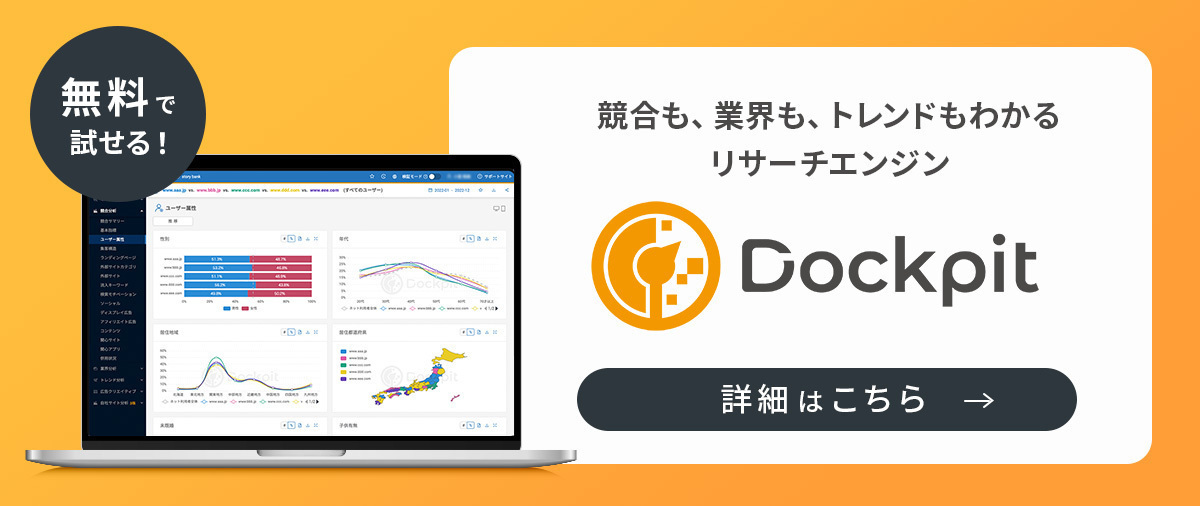
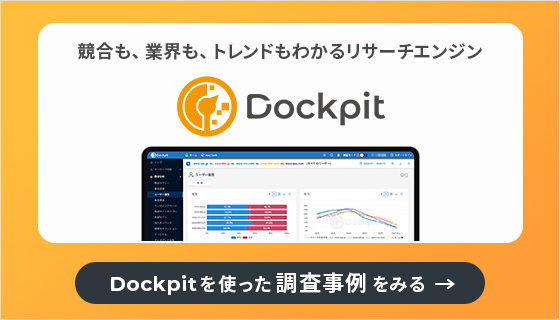
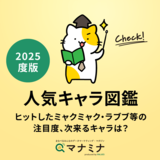
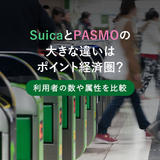




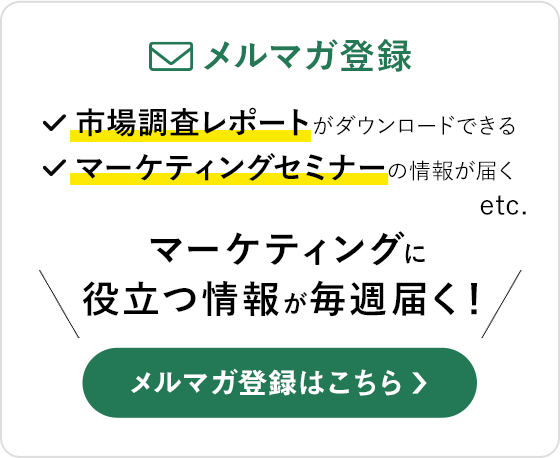

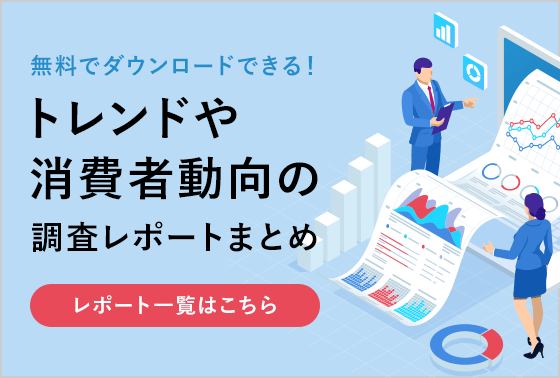




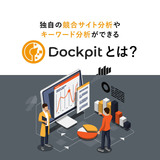




マナミナは" まなべるみんなのデータマーケティング・マガジン "。
市場の動向や消費者の気持ちをデータを調査して伝えます。
編集部は、メディア出身者やデータ分析プロジェクト経験者、マーケティングコンサルタント、広告代理店出身者まで、様々なバックグラウンドのメンバーが集まりました。イメージは「仲の良いパートナー会社の人」。難しいことも簡単に、「みんながまなべる」メディアをめざして、日々情報を発信しています。